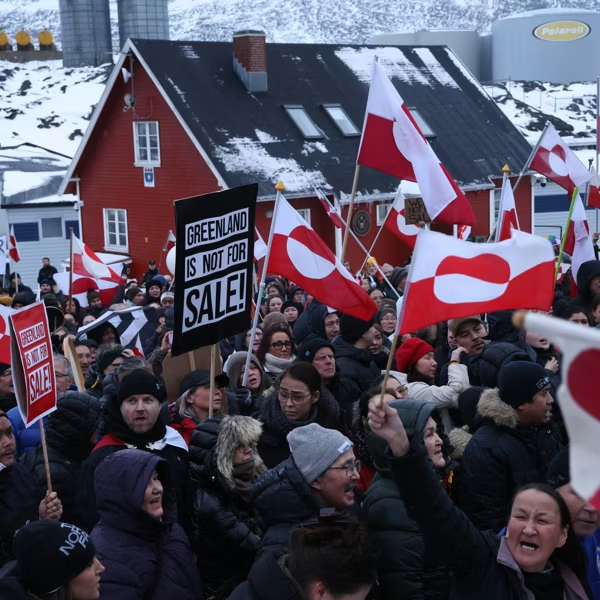At the moment, if you live in the American Midwest, where part of the roof of a football stadium just collapsed under the weight of a massive snowfall, or in Europe in the grips of a frigid cold spell, it may seem strange to be talking about warming, global or otherwise, no less vanishing ice. But the long-term trends seem ever clearer as 2010 threatens to be the warmest year on record. With the Midwest blizzarded in, it doesn't seem as if melting ice should be the story of the hour and yet the ice-face of the planet is morphing and shrinking remarkably rapidly and global ice melt turns out to be -- if you'll excuse the mixed metaphor -- the canary in the mineshaft of climate change, and so a leading indicator of problems to come.
In the Himalayas, which contain the largest non-polar ice mass on the planet and whose run-off waters feed 10 major rivers in Asia, the glaciers are receding and scientists, according to expert Orville Schell, fear a "43% percent decrease in land mass covered with ice in these mountains by 2070"; in Argentina, a Greenpeace expedition has just presented evidence that the Ameghino glacier has receded by four kilometers in the past 80 years; of the 150 glaciers that existed in 1850 in what is now Montana's Glacier National Park, only 25 remain today (and they, too, are melting away); in Greenland, where a 250-square-kilometer island of ice broke off a glacier this summer, fears about the "rapid disintegration" of the southern part of its vast ice sheet are rising; in the Arctic Sea, recent years have seen the rapid summertime melting of its year-round ice cover, leading toward seasonally ice-free waters; in northern Canada, Hudson Bay was basically ice-free this November, a historical oddity; and even in the Antarctic, covered with ice to a depth of up to three miles in some locations, the melting seems to have begun.
Beyond the vision of rising ocean waters inundating coastal areas (in or near which a significant portion of humanity lives), it's hard even to take in what this means for us, other than increasingly severe weather and disruptions of every sort, potentially staggering migrations of destitute populations, and the sort of future possibilities that once were restricted to science fiction. It's in this context that the just concluded global warming conference in Cancun, enmeshed as it was in the usual politics, has proven so expectably disappointing, as TomDispatch regular Bill McKibben indicates in his latest piece "Everything Is Negotiable, Except with Nature." McKibben understands that while almost anything on this planet is theoretically negotiable and open to compromise, there is one glaring exception: the rate of ice melt can't be negotiated with glaciers, nor a rise in sea levels with the oceans of the planet. If only our politicians grasped the same.



